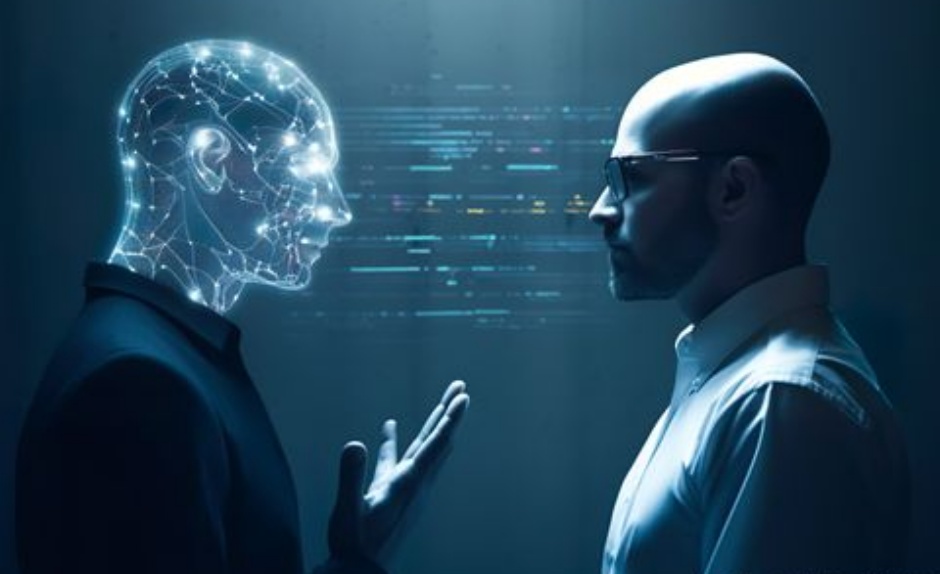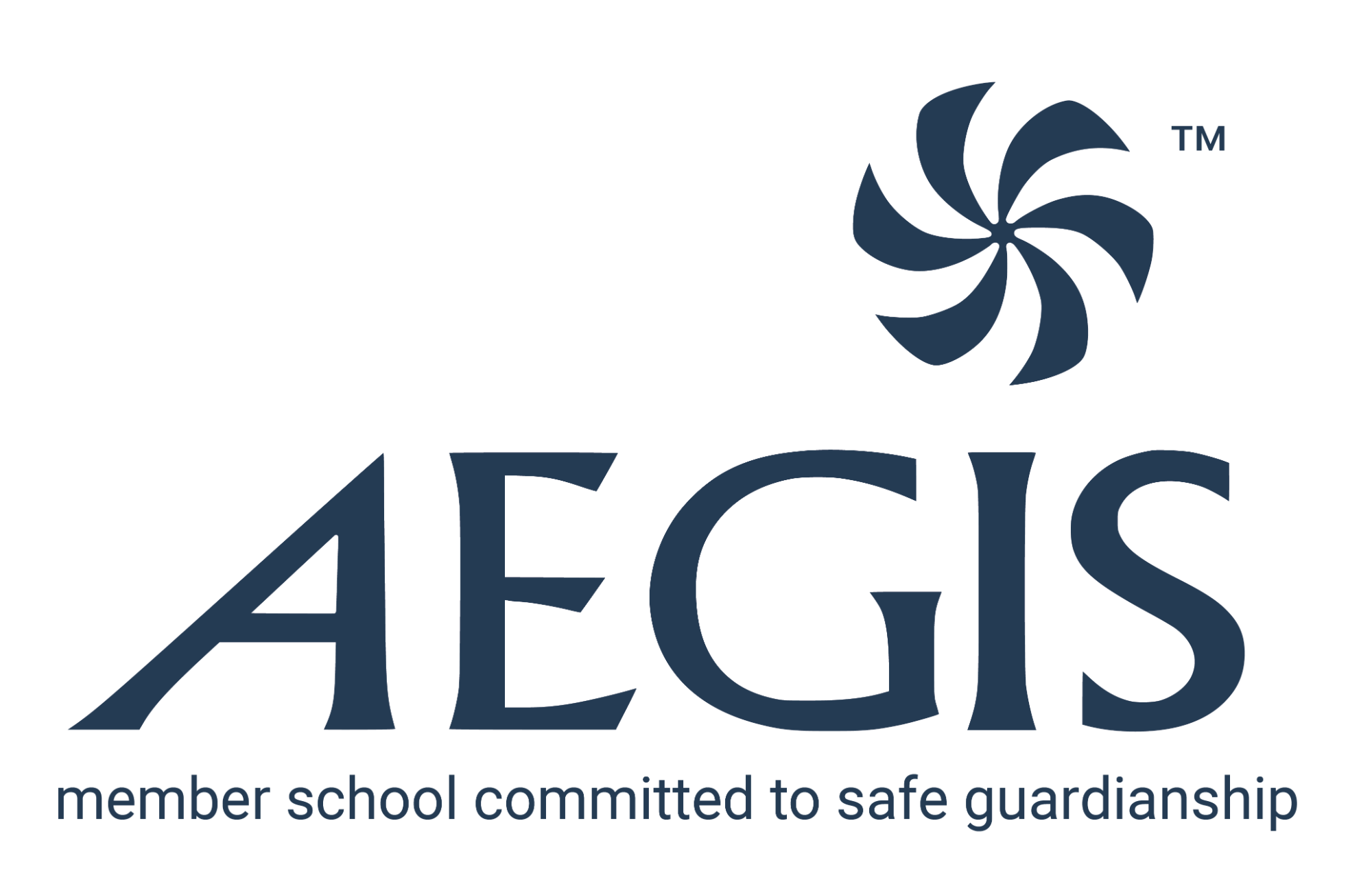To err is human; to AI (to be divined)…

Bletchley Park was a fitting venue for the AI Summit hosted by the Prime Minister this week. It drew together a wide range of people from a number of sectors, including the likes of Elon Musk, U.S. Vice-President, Kamala Harris, and European Commission President, Ursula von der Leyen.
Tech giants from around the globe sent their representatives to contribute to the conversation about how this fast-developing technology should be regulated. It’s possibly the latest arms race: those who control the technology control the conversation.
Just as those legendary code-breakers were able to infiltrate critical information and make it available to those making key strategic decisions during WWII, we now rely heavily on those individuals who understand this new digital, algorithmic landscape to make good decisions to guide our use of this powerful tool.
There are big questions being asked about the use of AI, and many of these loop back to what it means to be human. Can artificial intelligence really account for the subtle nuances that make us who we are as people? What happens when a really tricky ethical question is posed? And where does it leave us when things go wrong, or AI is used for nefarious purposes?
There are a number of purported benefits to the use of AI, and many people are proponents of the use of this technology in a range of settings. Some argue that AI may be very helpful to make education more accessible in communities where schooling is difficult to engage with. It may also be hugely beneficial in the fight against climate change, poverty and hunger, as well as being a diagnostic tool in the medical field. It has an incredible ability to analyse huge sets of data and identify patterns, which will go a long way to help us develop well-informed strategies to achieve a variety of far-reaching goals that can have positive spin-offs for humanity.
Schools are grappling with the use of AI and what it means for the originality of work being submitted by pupils. How do we teach ethical principles in regard to submitting well-researched, authentically produced academic writing? How do we define creativity and genius when we are not sure of who the true creator is? The slope appears to be very slippery indeed, and how do we develop a balanced perspective in the face of so many questions? How do we prepare our children to maintain a sense of what it is to be human when that which is artificial is given so much credence?
As we become inevitable users of AI, we need to make an intentional effort to be disciplined in our approach to it. We should teach our children that empathy, compassion, purpose, and real human connection remain important in our day-to-day lives. These traits are inextricably linked to our core values as human beings.
The more we use technology, the more we become removed from the real-world consequences of our actions. We see this particularly in the use of social media, where many people lose their inhibitions and unleash a tirade of abuse that they would never dream of doing in person. The more we use technology, the more we need to keep a watchful eye on our interactions, and be ever mindful of our treatment of others.
Artificial intelligence does not make allowances for personalisation (yet), and as such, we need to take the time to notice, acknowledge and increase the value of those around us, and let them know that what they bring to the conversation is valuable and appreciated. No two people share the exact same life experiences, and this remains a strength that human beings can offer one another.
Collaboration remains a skill that we need to nurture as human beings, and we must teach our children how to do this effectively. We need to be reminded of the value of teamwork, and simply typing in a long list of instructions to ‘teach’ an AI to solve an issue for us, will not always pass muster. As human beings, we thrive in teams, and we need to teach our children the value of working together with others to achieve a common goal.
Finally, we also need to teach our children the value of remaining present to others. Being so immersed in the digital world that we lose our ability to interact with real people in the real world, is hugely detrimental to our sense of wellbeing, and the quality of our relationships with others.
So, inasmuch as AI presents us with a myriad of opportunities to expand our horizons, and increase our productivity beyond what we could ever have imagined, we do need to continue to be vigilant that our sense of what makes us uniquely human is not eroded. It is very important that we engage with the conversation around the use of AI so that we can make informed decisions regarding its place in our lives.
Craig Cuyler
Director of Wellbeing/Head of PSHEe/
Deputy DSL/ Assistant Housemaster









